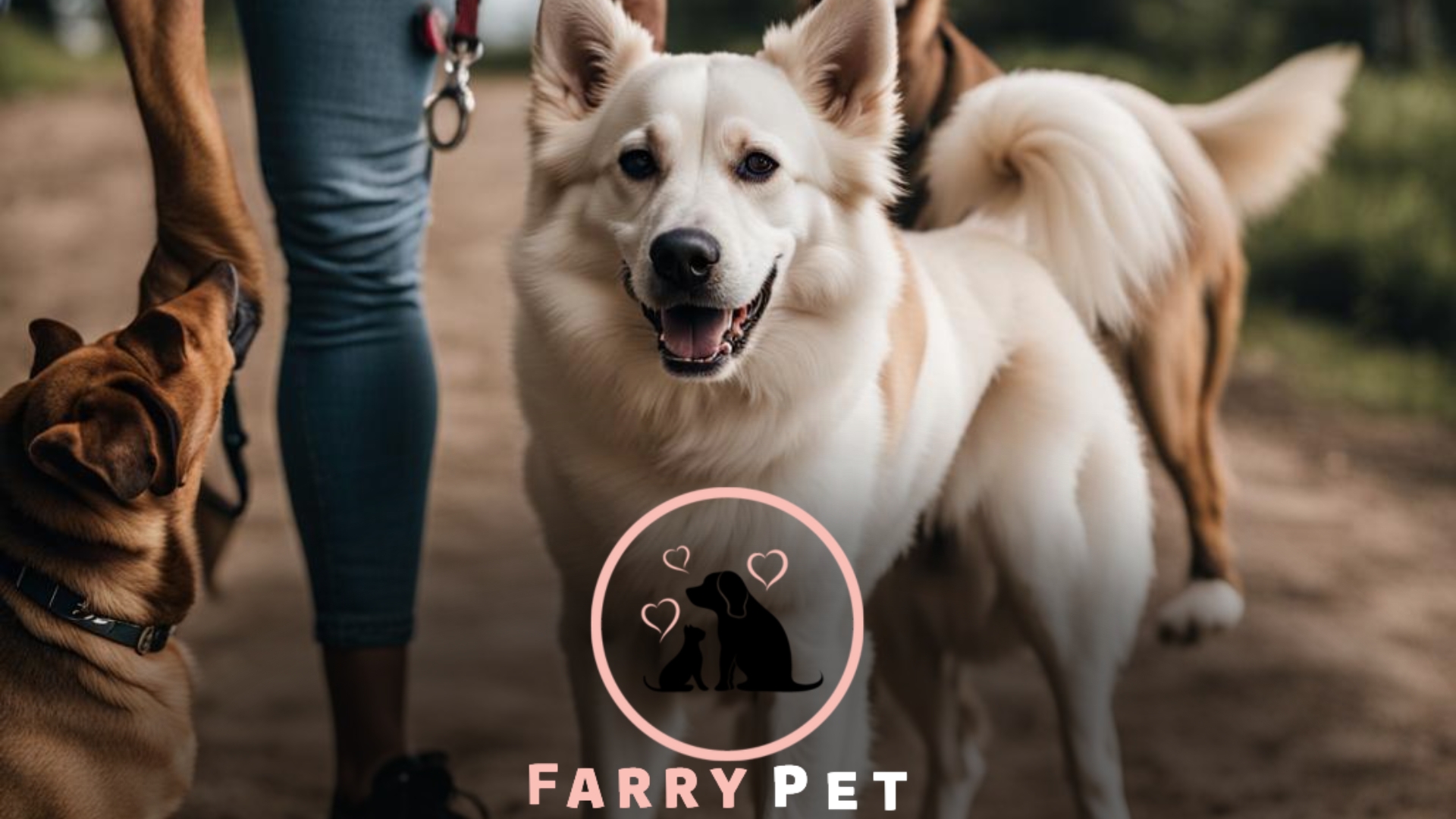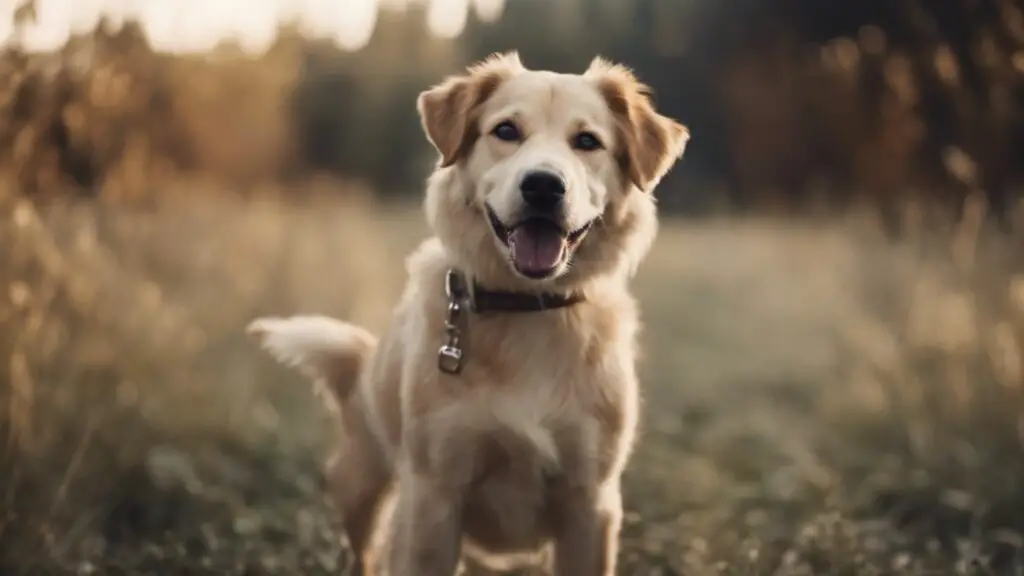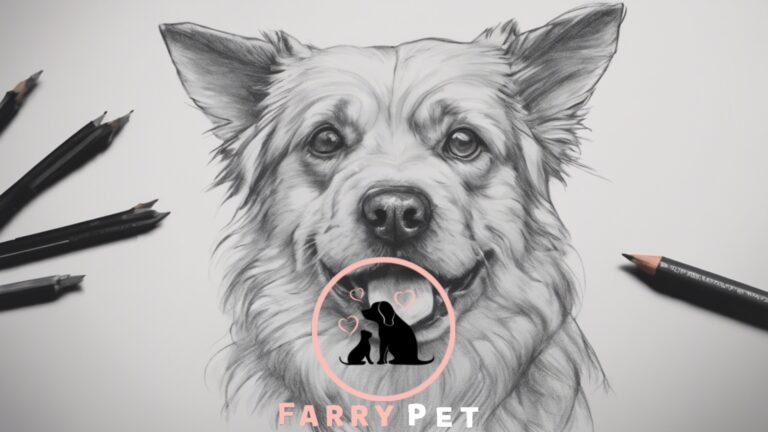
To choose the right dog breed, consider your living space and lifestyle. Analyze energy levels, size, and grooming needs that align with your routine.
Selecting the perfect dog breed ensures a harmonious relationship between you and your pet.
It goes beyond love for a certain type or appearance; it involves understanding what breed will thrive in your environment and with your daily habits.
A high-energy dog might not be ideal for apartment living, whereas a small, less active breed could be perfect. Consider the time you can dedicate to exercise, training, and grooming, as these are key factors that vary wildly from one breed to another.
Recognizing these needs will prevent potential issues and promote a healthy bond with your future furry friend.
Entering this decision with thorough research and self-awareness sets the stage for a lifelong companionship filled with joy and mutual understanding.
Assessing Your Lifestyle and Environment
Choosing the right dog is more than picking the cutest pup. It’s about finding a furry friend that fits your lifestyle. You’ll want to ensure your new pet feels at home in your environment.
Let’s dive into what that means for you and your future four-legged friend.
Consider Your Living Space
Size matters when it comes to your home and your dog.
- Apartment dwellers might prefer small breeds due to space limitations.
- Houses with large yards are great for bigger dogs that need room to run.
- Check your lease or local regulations if you rent, as some places restrict certain breeds.
Match Your Energy Level With the Dog’s
Dogs have different energy levels, just like people.
| Your Activity Level | Suggested Dog Energy Level |
|---|---|
| Active, enjoy long walks or runs | High-energy breeds like Australian Shepherds or Retrievers |
| Prefer quiet evenings, short walks | Low-energy breeds like Bulldogs or Shih Tzus |
Account for Allergies and Health Issues
Dog dander can be a big issue for allergy sufferers.
- Choose hypoallergenic breeds like Poodles or Maltese if allergies are a concern.
- Think about the dog’s health needs and your ability to handle them.
- Regular check-ups with a vet can prevent many health problems.
Ensure everyone in the household will be comfortable with the new addition.
Understanding Dog Breed Characteristics
Picking the perfect dog involves more than falling in love with a breed’s looks. It’s crucial to consider how a dog’s size, temperament, and grooming needs will fit your lifestyle.
By doing so, you create a lasting bond with your four-legged friend.
Size Matters: Small vs. Large Breeds
Size influences a dog’s fit within your living space, exercise needs, and travel convenience. Smaller breeds tend to adapt well to apartments and require less space.
They’re easier to manage physically if you prefer a more indoor, less active lifestyle. Large breeds usually need more room to roam and exercise but can be great active companions for outdoor adventures.
Temperament Traits Across Breeds
Temperament varies widely among breeds, influencing their interactions with families, strangers, and pets.
Some breeds are known for being friendly, while others may be more reserved or protective—research breed-specific traits to find a temperament that meshes well with your personality and social life.
Maintenance and Grooming Needs
Different breeds have varied grooming needs based on their coat type. Short-haired dogs might need minimal grooming, while breeds with longer hair may require regular brushing to prevent matting.
Some breeds are prone to health issues, which can increase maintenance needs. Consider these factors to ensure you can provide the care your dog deserves.
Family Matters: Choosing a Child-friendly Canine
Welcoming a dog into a home with children requires careful selection. The ideal canine fits into your family dynamic and lifestyle.
A child-friendly dog displays patience, gentleness, and a protective attitude. The right breed can become a loyal companion for your kids.
They’ll grow and learn together. Choosing the right breed ensures years of friendship and memories.
Dog Breeds Known for Patience With Kids
Several breeds are famed for their love and patience with children. These gentle companions bring joy to every family moment:
- Golden Retriever: Friendly, patient, and dedicated to their families.
- Labrador Retriever: Kind-hearted, playful, and protective.
- Beagle: Cheerful, loving, and great with energetic kids.
- Bulldog: Affectionate, calm, and sturdy companions for little ones.
- Newfoundland: Known as the “nanny dog” for their watchful and caring nature.
These breeds are a good starting point. Remember to consider your family’s lifestyle and space when choosing.
Teaching Children to Interact With Dogs
Children must learn how to interact with dogs. It ensures a safe and loving relationship. Here are key tips:
- Gentle Touch: Show kids how to pet dogs softly.
- Respect Space: Dogs, like people, sometimes need their own space.
- No Rough Play: Teach children not to pull tails or ears.
- Approach Carefully: Always approach dogs calmly and not head-on.
- Feeding Rules: Explain feeding times and not disturb dogs while eating.
With guidance, children and dogs can share a harmonious bond. They enjoy companionship and learn from each other.
Training and Intelligence Considerations
Choosing the right dog breed involves training and intelligence factors. Different breeds come with varying abilities to learn and adapt. These aspects ensure a good fit for the dog and their human companion.
Let’s explore training ease and intellect in dogs and how they influence lifestyle compatibility.
Ease of Training in Different Breeds
Ease of training is crucial in building a strong relationship with your dog. Some breeds, like the Border Collie and Poodle, are known for their quick learning skills.
They respond well to commands and are eager to please. On the contrary, breeds like the Shih Tzu or Bulldog might need more patience, often displaying a stubborn streak. Here’s a glance at the aspect:
| Breed | Trainability Level |
|---|---|
| Border Collie | High |
| Poodle | High |
| Shih Tzu | Low |
| Bulldog | Low |
The Role of Intellect in Behavior and Adaptability
A dog’s intellect affects its behavior and how well it adapts to changes. Intelligent breeds often need mental stimulation to avoid boredom and mischief.
Breeds with high adaptability, like Labradors and Golden Retrievers, are great for busy lifestyles and can adjust to various environments and routines. Consider these points:
- Mental stimulation: Prevents destructive behavior.
- Adaptability: Makes training more straightforward.
- Routine changes: High intellect helps cope better.
Budgeting for Your New Companion
Choosing a furry friend is exciting. Yet, it can affect your wallet. Smart planning makes sure you are ready. Our financial tips will guide you.
Let’s ensure your bank account stays as happy as your new pet.
Calculating the Cost of Dog Ownership
Dog ownership is more than just the initial cost. It’s a commitment. Think about food, health, and more.
| Expense | Initial Cost | Annual Cost |
| Adoption or Purchase | $50 – $2,000+ | – |
| Veterinary Visits | $50 – $300 | $200 – $500 |
| Food | $20 – $100 | $250 – $700 |
| Grooming | – | $30 – $500 |
| Training | $50 – $200 | $0 – $1,000 |
Unexpected Expenses in Dog Care
Surprise costs can pop up. Your budget should have a cushion for these.
- Emergency Vet Visits: Accidents happen. Bills can soar to thousands.
- Health Issues: Breeds differ in health. Treatments can be pricey.
- Replacement Items: Toys break. Beds wear out. They add up.
- Sitters or Kennels: Travel means extra care. Daily rates apply.
Adoption: The Path to Your New Best Friend
Imagine meeting your new best friend, one who’s ready to bring joy to your life. Choosing a dog to join your home is exciting. Adoption is a wonderful path to finding the perfect companion.
Embrace the journey towards a fulfilling friendship with a loving pet by considering adoption.
Benefits of Adopting a Shelter Dog
- Save a Life: Shelter dogs need homes. By adopting, you give a second chance.
- Lower Costs: Adoption fees often cover vaccinations and spaying/neutering, saving you money.
- Support Community: Adopting helps the shelter and opens space for other needy animals.
- Health Benefits: Shelter dogs can boost your mood and improve your health with companionship.
- Unique Choices: Shelters have a wide range of breeds and personalities to find the perfect match.
Navigating the Adoption Process
- Research the breeds that fit your lifestyle.
- Visit local shelters to meet potential furry friends.
- Interact with the dogs during visits to gauge compatibility.
- Ask questions regarding health, history, and behavior.
- Fill out the required paperwork with honesty and care.
- Prepare your home for your dog’s arrival.
- Complete the adoption and welcome your new best friend!

Frequently Asked Questions
How Do I Know Which Dog Breed is Right for Me?
To find the right dog breed, consider your lifestyle, living space, and activity level. Assess your ability to handle grooming needs and health issues. Research breed characteristics and consult with breed experts or veterinarians. Choose a breed that complements your life for a harmonious match.
How Do I Choose a Dog for My Lifestyle?
Evaluate your daily routine and space availability before choosing a dog. Opt for breeds that align with your activity level and time commitment. Consider grooming needs, temperament, and potential health issues. Research reputable breeders or adopt from shelters, ensuring a match that suits your lifestyle.
How Do You Know What Dog is Good for You?
Consider your lifestyle to determine the best dog breed for you. Account for energy levels, space, grooming needs, and temperament. Research breeds to match your daily routine and resource availability. Opt for an adaptable dog if your lifestyle varies. Consult breed-specific rescues for insights.
How Do You Decide If a Dog is Right for You?
Decide on a dog by assessing your lifestyle, space, and time for training and exercise. Consider the dog’s size, energy level, and breed-related health needs. Always meet the dog beforehand to gauge compatibility.
What Factors Determine the Best Dog Breed?
Choosing the right dog breed involves considering factors like energy level, size, temperament, and maintenance needs aligned with your lifestyle.
Conclusion
Selecting the perfect canine companion is a personal journey. Factor in energy levels, size, and care needs to match your routine.
A well-chosen dog can enhance your life immeasurably. Research breeds, consult professionals, and consider adoption. Your new best friend awaits, ready to enrich your world.
Make the choice that promises mutual joy for years to come.






